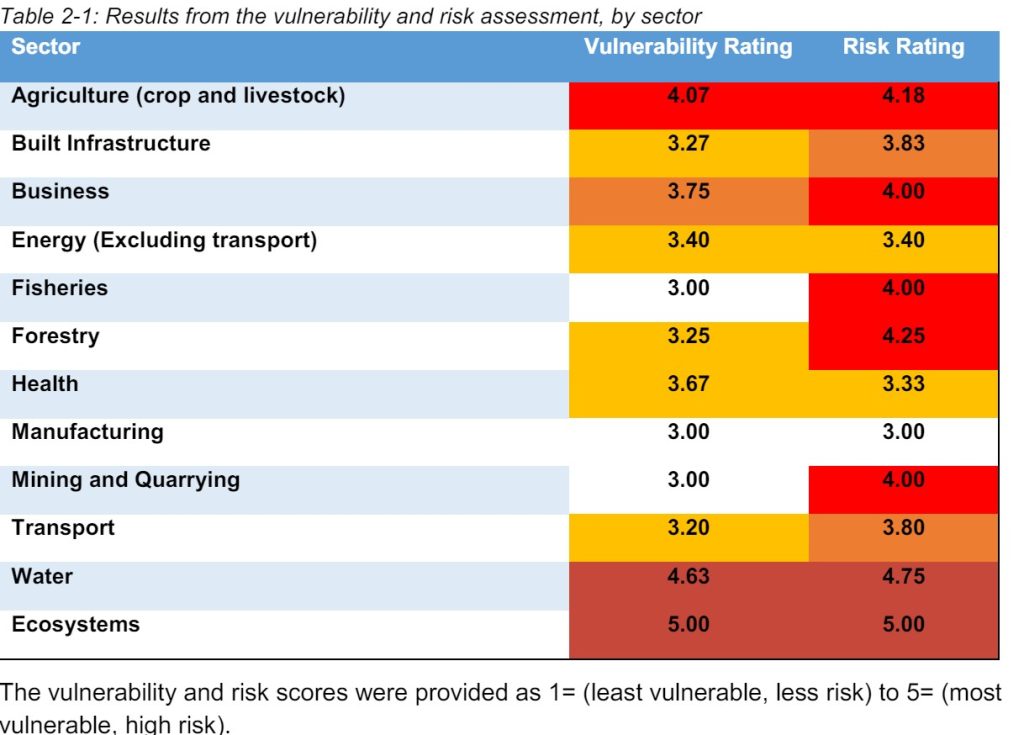LOOKING FOR PROSPERITY FOR ALL? INVEST IN CLEAN ENERGY, NOT OIL AND GAS
BY ABIGAIL NAKAZIBWE
As Uganda’s Minister of Finance, Hon. Matia Kasaija, read the 2024/2025 national budget in Kampala on June 13, 2024, Ms. Rose Alinaitwe from Buliisa district was pre-occupied with one thing: where to find some money to buy plates for her family.
A month before the national budget was read, Ms. Alinaitwe had been evicted from her home in Kirama village to allow oil sector infrastructure to be constructed.
Court bailiffs, Ugandan state security operatives and government officials had descended on her home in the wee hours of May 13, 2024. They informed her that she was to be evicted, and her house demolished.
By the time the dust had settled after her eviction, and after she and her family of over ten including children had found a new abode, she could not find her items including saucepans, cups, plates and others.
As Hon. Kasaija read the budget indicating that Uganda’s economy had fully recovered from various internal and external shocks, with GDP projected to grow by 6% in the 2023/24 financial year (FY), Alinaitwe was beside herself.
How was she to feed her children without sufficient plates for all?
Alinaitwe had food that day, but where was she to find food the following day after being unceremoniously evicted for an oil project, a project that had caused her family income loss?
Hon. Kasaija went on to read the budget. He observed that the improved performance of the economy is on account of higher growth in sectors including services, agriculture, and industry.
Hon. Kasaija noted that increased investments in the oil and gas sector as well as the good performance seen in the agriculture, tourism and other sectors, had driven the economic growth expected in the FY 2023/24.
Ms. Alinaitwe continued to furiously scratch her head for a solution to her lack of sufficient plates. The economic growth brought about by investments in the oil and gas sector that Hon. Kasaija spoke of had not been seen in her household.
Neither had it been seen in many of the tens of thousands of households displaced for the Tilenga, Kingfisher and East African Crude Oil Pipeline (EACOP) oil projects in Uganda.
About two months before Hon. Kasaija read the budget, Ms. Amina Nakityo* from Lwengo district had been beside herself. Two plots belonging to her children had been taken for the EACOP. The compensation she received on her children’s behalf could not replace even one plot of land.
“Please help me! I need to buy these children replacement land. If I don’t, they will curse me when they grow up, thinking that I cheated them out of their inheritance,” Ms. Nakityo informed lawyers during a community meeting organised by Africa Institute for Energy Governance (AFIEGO).
That Hon. Kasaija and the Ugandan government have placed emphasis on investing in the oil and gas sector with the hopes that when oil and gas start to flow in FY2025/26, attainment of prosperity for all and socio-economic transformation will be faster is questionable. The sector was allocated UGX 920.86 billion.
Who will experience this prosperity? Is it the affected households? Research undertaken in 2023 by AFIEGO showed that the EACOP’s land acquisition and resettlement activities had negatively impacted the affected people’s access to land, crop productivity and incomes among others. How can a sector that has had a negative economic impact on affected Ugandan households be the one that is to lift communities to prosperity?
Moreover, the Ugandan government recognises that climate change remains one of the biggest risks to the economy. Hon. Kasaija made note of this in the 2024/25 budget speech, indicating that climate change affecting agricultural production and infrastructure was a risk to the country’s economic growth.
What Hon. Kasaija did not take note of is the fact that climate change remains a big risk to key sectors that Uganda has pegged its hopes on creating prosperity for all. In the country’s Updated Nationally Determined Contributions (NDCs) of September 2022, government identified ecosystems, water, forestry, fisheries, agriculture and business as being the most at risk to climate change with the sectors having a risk rating of 4 and above.

Sectors that are vulnerable to climate change
The use of coal, oil and gas is the biggest driver of climate change. By choosing to invest in the sector, the Ugandan government is endangering the livelihoods of its citizens, majority of whom are employed in the agriculture sector. Solutions such as afforestation that government says are being implemented to address climate change are not sufficient.
The best thing to do to address the climate change threat is for government to abandon investments in oil and gas. Instead, money should be allocated to sustainable clean energy projects. The National Curriculum Development Centre (NDC) and Directorate of Industrial Training (DIT) should also be supported with funds to enable them to strengthen the curricula and skilling efforts aimed at enabling Ugandans to participate in clean energy jobs.
With clean energy, government and its citizens will have a chance at prosperity. The same cannot be said for oil and gas.
The writer is an analyst who has keenly observed Uganda’s oil and gas journey for over eight years.
